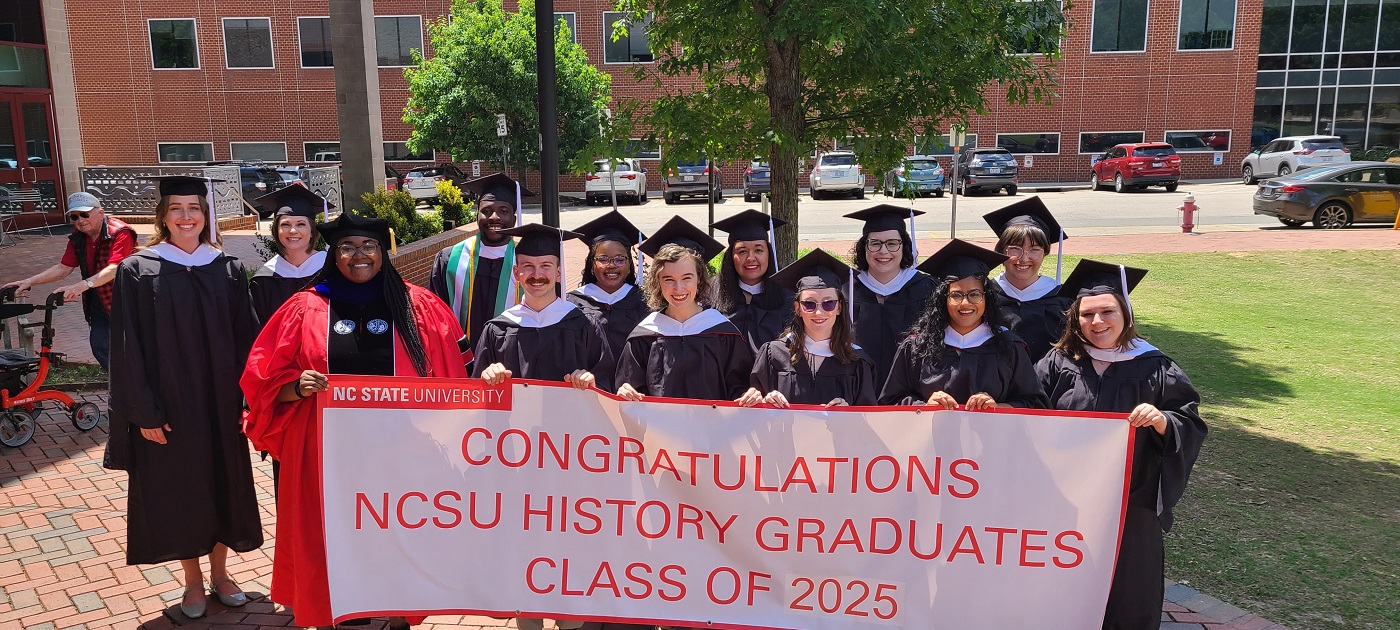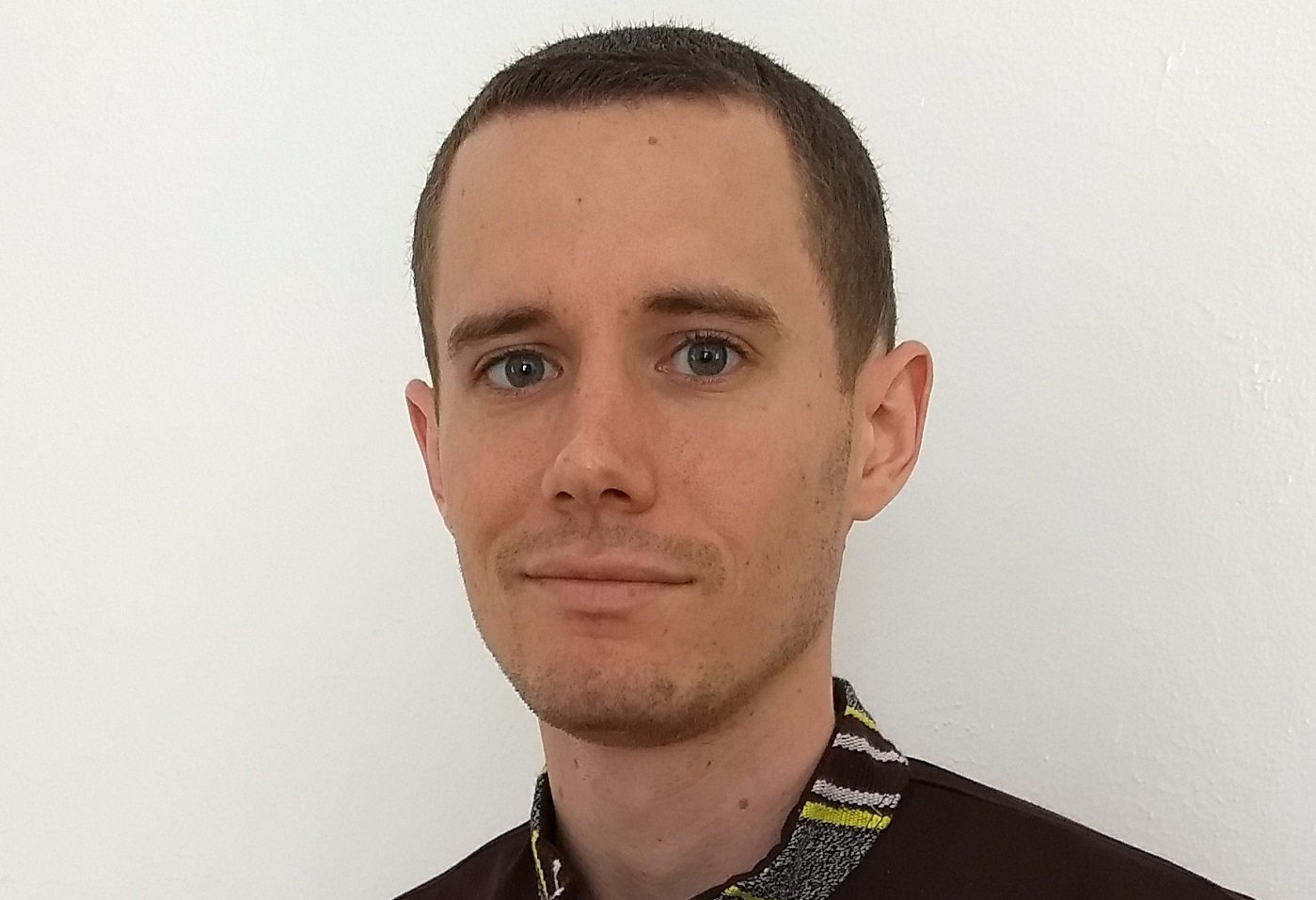Exhibit Explores Raleigh’s Public Memory
 April is Raleigh History Month. To mark it, the City of Raleigh Museum turned to graduate students in NC State’s Public History program. Museum director Ernest Dollar, a 2006 NC State Public History alum, invited grad students in Judy Kertész‘s Material Culture class to submit proposals that would use materials held at the museum to create an exhibit. He reviewed their three proposals and chose Communicating Communities.
April is Raleigh History Month. To mark it, the City of Raleigh Museum turned to graduate students in NC State’s Public History program. Museum director Ernest Dollar, a 2006 NC State Public History alum, invited grad students in Judy Kertész‘s Material Culture class to submit proposals that would use materials held at the museum to create an exhibit. He reviewed their three proposals and chose Communicating Communities.
The exhibit explores the power of memory and technology, and the ways both have been used to forge identities and connections to the many communities that make up the city of Raleigh.
“Over time, Raleigh’s communication technologies have allowed for public memory that is both local and global in its connections,” Kertész explains. “The exhibit reveals the many ways by which 20th century Raleighites connected, from hand-written letters, postcards, and yearbooks, to social media.”
Kertész says the project was a first for the university’s public history students, who researched, designed and executed the exhibit. “We had two previous student cohorts that did considerable research and exhibit work for the Lebanese in North Carolina exhibit on display at the North Carolina Museum of History,” she says, “but this project gave students complete ownership, from concept through execution.”
 Kertész and her students had roughly nine weeks to design and execute the exhibit — a timeframe that Kertész says is no time at all, in museum exhibit speak. “The challenges were enormous for nine graduate students who needed to grope their way through lots of primary and secondary source material, complete other course work, and learn to work cooperatively to come up with an exhibit idea based on the small, rather quirky body of materials housed at the City of Raleigh Museum,” she says.
Kertész and her students had roughly nine weeks to design and execute the exhibit — a timeframe that Kertész says is no time at all, in museum exhibit speak. “The challenges were enormous for nine graduate students who needed to grope their way through lots of primary and secondary source material, complete other course work, and learn to work cooperatively to come up with an exhibit idea based on the small, rather quirky body of materials housed at the City of Raleigh Museum,” she says.
She and her students hope the results of their labors “will enable viewers to consider the importance of local as well as global memory, and the ways in which advances in technology both foster as well as trouble our abilities to communicate with people within Raleigh as well as throughout the world.”
“The partnership between NC State and the City of Raleigh Museum gave the students a place where they can demonstrate the skills they learn in the classroom in a real museum setting,” Dollar says. “The students involved in the Communicating Communities exhibit worked hard to develop an idea and bring it to life.”
The exhibit opened during the city’s First Friday celebration April 4 and will run until April 20. For hours, admission information, and directions, check the City of Raleigh Museum website.
- Categories:


